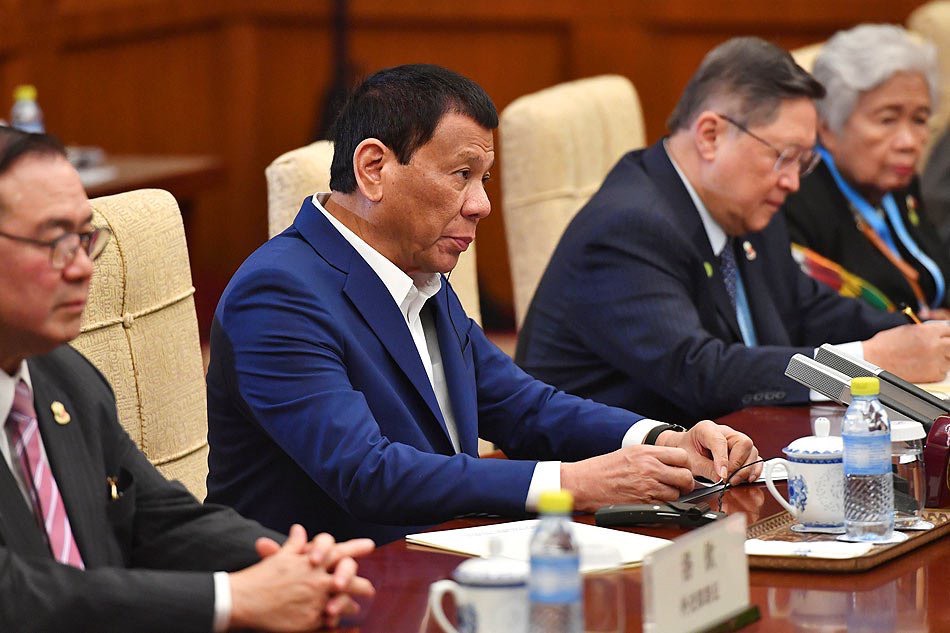BEIJING, CHINA, May 7, 2019 – Filipino teachers who wish to be trained in the Mandarin language or to teach the English language in China will soon have more education, cultural, and professional opportunities resulting from Department of Education (DepEd) Secretary Leonor Magtolis Briones’s recent visit to the country.
The Education chief joined President Rodrigo Roa Duterte in a recent trip to Beijing where discussions on the enhancement of cultural and learning exchange between the two countries resulted in action plans and agreements, which are projected to benefit the education sector.
Foremost of the proposed education exchange is the expansion of the current training of Filipino teachers in the Mandarin language.
“This has been going on in the past three years on a limited scale. What both countries want is an acceleration of this exchange because so far nearly 300 teachers have already been trained in the Mandarin language at the Confucius Institute here in the Philippines. They have formal lessons here and then they go to China for exposure visits,” Briones stated.
The prospective training expansion is expected to improve the teaching-learning process for Filipino students, specifically those in junior high school (JHS) who are taking Chinese Mandarin as an elective subject under DepEd’s decade-old Special Program in Foreign Language (SPFL) program in public schools. SPFL also offers Spanish, French, German, Korean, and Japanese languages as elective subjects.
She also reported that China is interested in hiring around 2,000 Filipino teachers to teach English to Chinese learners. The recruitment, which may happen within the year, will still have to undergo several talks to ensure the quality, compensation, benefits, and welfare of Filipino teachers who will be employed.
“My answer to this is it’s not only China who is looking for teachers to teach English abroad, Thailand is very much interested in our English teachers. Also, we prefer that this will be on a government-to-government basis, along with the Philippine Overseas Employment Administration, because usually if you go through agents on either side, it will be a primary burden to the teachers. We need to work on the details, how teachers will be chosen, qualifications, and how will this be implemented,” the Secretary noted.
In March, officials of DepEd and the Ministry of Education of Thailand convened to discuss the employment of Filipino teachers for the “English for All” project of the Kingdom of Thailand. The said meeting on the proposed memorandum of understanding on the government-to-government hiring of Filipino teachers was a result of the Secretary’s side meeting with Thailand Minister of Education Teerakiat Jareonsettasin at the 10th ASEAN Education Ministers Meeting last October 2018.
But Briones cautioned, “This has to be discussed very carefully because we also need our English teachers here. The matter of where you want to work, where you want to reside, where you want to pursue a profession, is a free choice. It is a choice that has to be made by the teacher. What we want to assure is that the teacher is well-protected. Even as we protect the teachers, we also protect our country and its needs. In terms of public school teachers, we have to look at our own supply of teachers. We are not urging them, they make a choice; it’s a universal human right.”
The discussions also resulted in China’s proposed assistance to the education sector’s infrastructure requirements, particularly for technical and information and technology (ICT) equipment.
“It will be more on scientific and ICT instruments because this is where we need assistance but I was very specific when we had our talks with DFA [Department of Foreign Affairs] that it will not come automatically because these will have to be done within the ambit of our own procurement laws, which have to be complied with,” Briones remarked.
END




